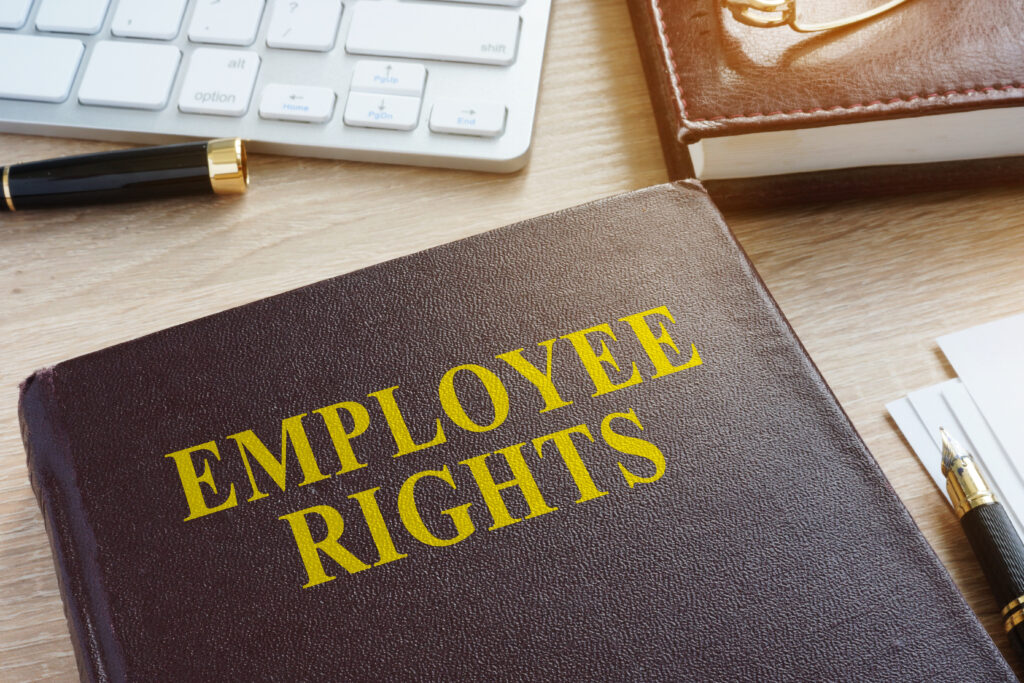Part one of the PSC Article Series explained the need to identify and maintain a PSC register and the reasoning behind the decision to place an obligation on companies to disclose their PSC’s. A Person with Significant Control has the right to exert significant influence or control over the business and management of a limited company or LLP. The person with significant control (PSC) regime was introduced under the Small Business, Enterprise and Employment Act 2015 with the purpose of identifying the ultimate owners and controllers and making their holdings public. The requirements are intended to increase corporate transparency with the goal of combatting money laundering, the financing of terrorism and tax evasion. The PSC register sits alongside the usual company registers.
It is an obligation of an officer of the company to identify a PSC and take the necessary action in terms of record keeping.
This record keeping comprises of:
1. Recording the details of the PSC in the PSC Register within 14 days of identification of the PSC
2. Providing the PSC information to Companies House within a further 14 days
3. Updating the companies registers of any changes within 14 days and
4. Updating Companies House information and records within a further 14 days
This means that where a Company is undergoing an ownership change or a raising of additional capital resulting in the transfer or allotment of shares, there may well be resultant changes to the PSC registers, and Companies should be aware of these filing requirements to ensure records are kept up to date within the prescribed time frames.
If you require assistance with any Companies House filings, or if you would like to discuss the contents of this article in relation to your company, please contact Michelle Lamberth of our corporate governance team at michelle.lamberth@herrington-carmichael.com or 0118 989 9706 and we will be happy to assist.
This reflects the law at the date of publication and is written as a general guide. It does not contain definitive legal advice, which should be sought as appropriate in relation to your own particular matter before action is taken.









